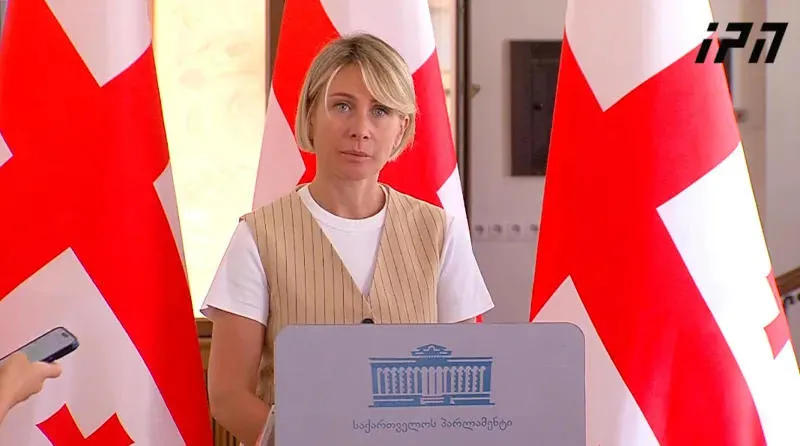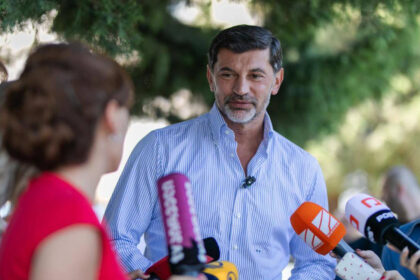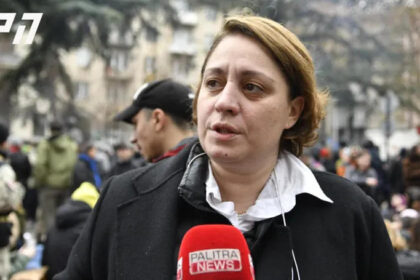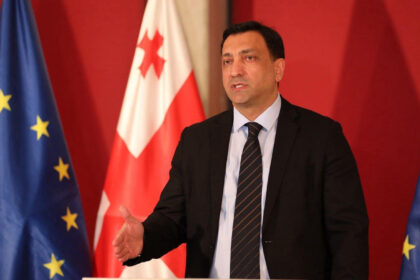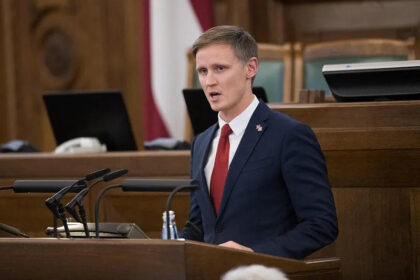**Election Boycott Fails to Make Waves in Georgia**
In a surprising turn of events, the decision by eight opposition parties to boycott the upcoming local self-government elections in Georgia has been met with little resistance. According to Parliament Vice Speaker Nino Tsilosani, the move was largely seen as a desperate attempt by radical groups to make their voices heard.
Tsilosani, who spoke to journalists about the situation, pointed out that only a small group of radicals followed the lead of Elene Khoshtaria, the leader of the “Coalition for Change”, in refusing to participate in the elections. The rest of the opposition parties, including the Lelo and Gakharia groups, have stated their intention to take part in the election process.
**Radical Groups Fail to Gain Traction**
Tsilosani’s comments suggest that the boycott has had little impact on the overall political landscape in Georgia. “Only radicals like Elene Khoshtaria followed her foot-stomping,” she said, implying that the decision was seen as a fringe attempt to disrupt the election process.
The opposition parties’ joint statement announcing their intention to boycott the elections was met with skepticism by many, including Tsilosani herself. “Her decision to blackmail her fellow opposition colleagues achieved absolutely nothing,” she stated.
**Election Participation Remains Key**
Despite the boycott, it appears that many Georgians remain committed to taking part in the election process. Tsilosani’s comments suggest that even the Lelo and Gakharia groups, which were initially hesitant to participate, are now willing to take their chances at the polls.
As Georgia prepares for its local self-government elections, it remains to be seen how these developments will impact the country’s political landscape. One thing is certain, however: the boycott has failed to make waves in a country where election participation is widely seen as key to shaping the future of the nation.
Read More @ www.interpressnews.ge




